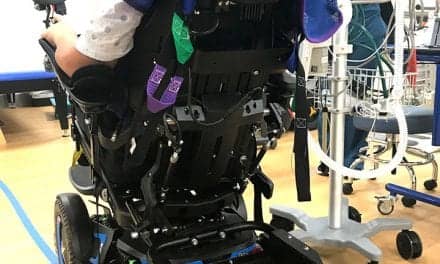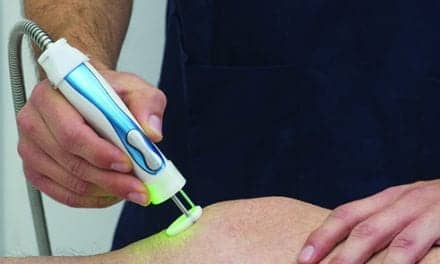Some neuroscientists are finding potential in techniques of manipulating the brain’s neuroplasticity to treat traumatic brain injury (TMI) in war veterans, according to the New York Times. Earlier this year, the Department of Defense awarded a $2 million grant to Brain Plasticity Inc to study the effectiveness of Posit Science software in restoring memory and attention in TMI patients. Posit Science, San Francisco, is one of several companies, including Nintendo and Luminosity, that sell brain health software products.
The Posit Science software, sold under the names Brain Fitness Program and InSight, is used to strengthen memory, attention, language skills, and visual-spatial abilities in aging adults. “It is theoretically reasonable,” said Gary Abrams, director of neurorehabilitation at UCSF and head of the TBI support clinic at the San Francisco VA Medical Center.
By doing specific brain exercises that focus and refine attention, said Michael Merzenich, co-founder and chief scientist of Posit Science; president of Brain Plasticity; and University of California, San Francisco, neuroscientist, you can adjust the underlying structure of your brain. The objective of his software is to clarify a strong signal by repeatedly practicing simple tasks, like recognizing repeated visual patterns.
The commercially available software, which will be modified only slightly for the veterans study, presents challenges that increase in difficulty in increments small enough that fine-tuning adjustments can be made and then reinforced in the users’ brains.
Brain Plasticity’s randomized clinical trial will include 132 service members who have mild TBI. Half of them will train on the company’s software. The other half, a control group, will play video games. Before training starts, all will be tested for memory, learning, attention, planning, social control, post traumatic stress disorder symptoms, depression, and several other factors. The patients will be retested after three months of training, and then again, three more months later.
Specialist Orlando Gonzalez, 23, recovering from a brain injury after a suicide bomber hit his infantry squad in Afghanistan, is a patient at the polytrauma center, Palo Alto, Calif, undergoing physical therapy for partial paralysis to his left side. For the first month after his injury, he said, he “could barely remember things at all.”
If software like Posit Science’s proves effective, patients like Gonzalez may do an hour of software-driven brain training exercises each day, in conjunction with physical therapy, to help restore cognitive functions.
To ensure the product will appeal to this generation of vets, the company is “re-skinning” its Brain Fitness software — “so it has a look and feel that’s right for guys who’ve been playing 50 hours of Xbox a week,” said Henry Mahncke, Posit Science’s chief executive, a neuroscientist.
[Source: New York Times]




